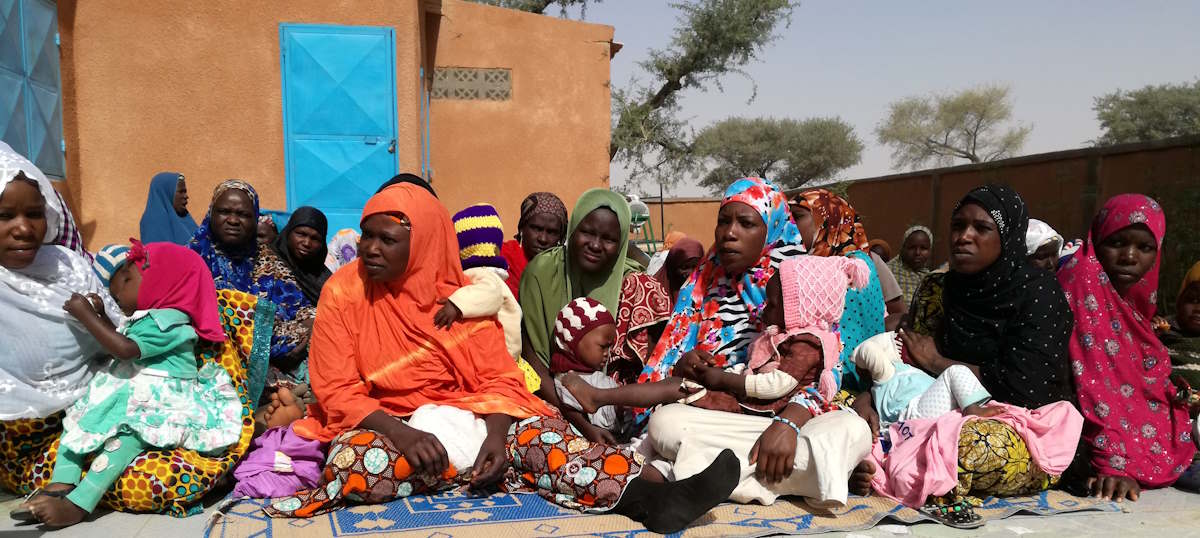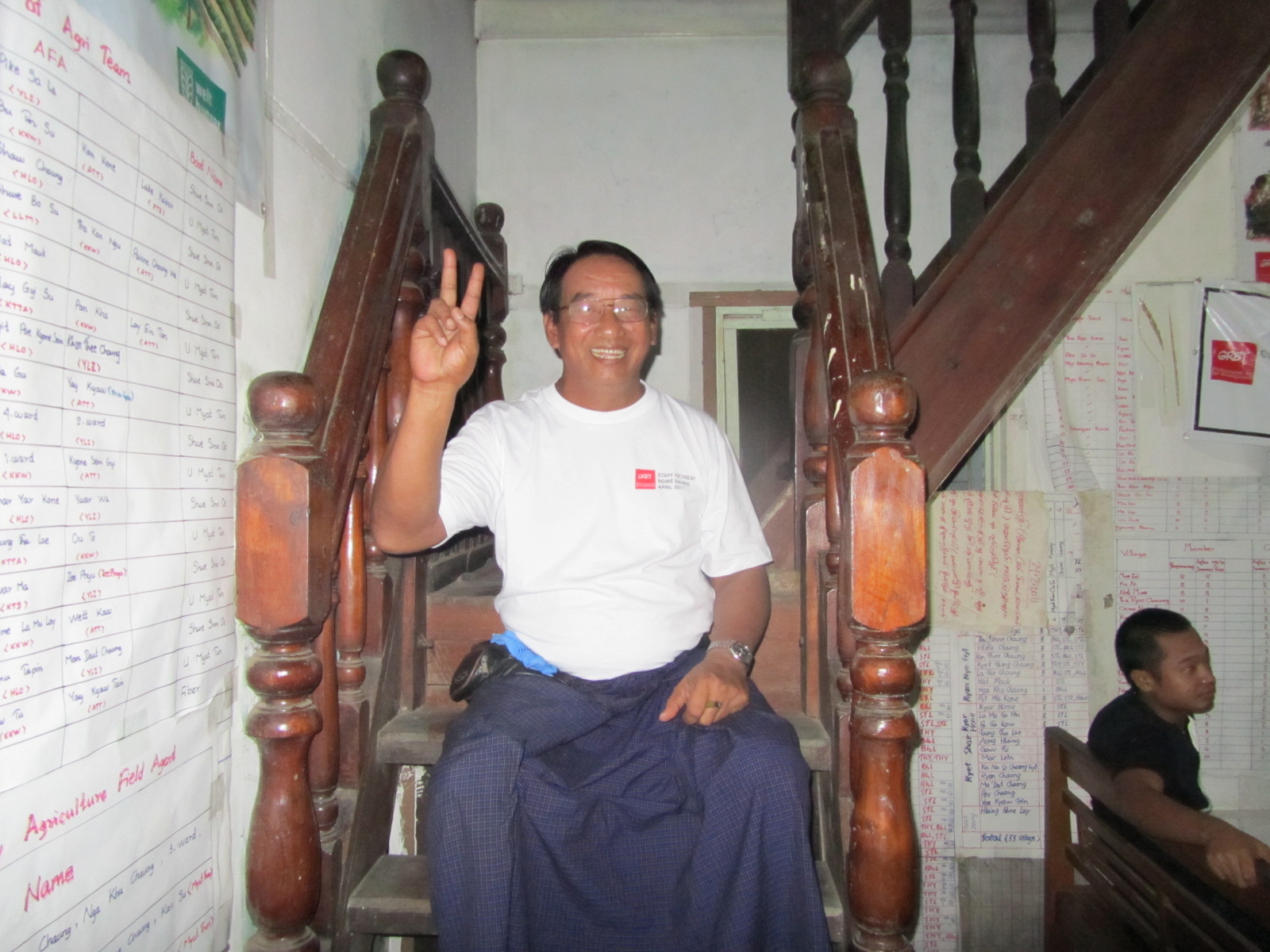The subject of birth registration is often neglected by solidarity actions. Yet it has a decisive impact young people’s lives and the development of countries. In Niger, where the population is very young and growing rapidly, almost four out of ten children do not have a birth certificate. In this country, where 49.7% of the population is under the age of 15, birth registration is therefore a major challenge. For greater consideration of this key issue, GRET is launching a project entitled “A birth certificate for and by young people”. This collaborative project will start in March in Niamey and the Tillabéri region (south-west of Niger) with a group of students and young professionals.
Obstacles to birth registration
In Niger, as in many African countries, there are multiple reasons for non-registration of births. These can be structural and technological, related to a lack of infrastructure, equipment and staff. There can also be political reasons in contexts of armed conflicts and crises generating displacement of populations. Other causes are inappropriate public policies and legal frameworks. Cultural, religious and linguistic reasons also exist. Illiteracy and the importance of certain traditions are also real obstacles. Causes can also be economic: low income, distance from cities and the cost of transport for example, can make registration inaccessible for some families.
Birth certificates: a legal and civic passport
A birth certificate is the first document proving the legal existence of a person; in this sense, it is an individual’s first right. As a veritable civic and legal passport, not having one limits access to civic, political, economic and social rights. People with no birth certificate find it difficult to access schools and universities, health services, justice, property, a bank account and the right to vote… to mention just a few examples. Without a birth certificate, young people are also more vulnerable to all forms of exploitation and violence, because in the eyes of the justice system they do not exist: this further strengthens the underground economy and limits the development of individuals and their country.
“It is clear that the impact of non-registration of births on young people is huge and, in turn, on the development of States. Without a birth certificate, young people are prevented from fully playing their role in society to become stakeholders in social, economic, demographic and political transitions. So, apart from individual consequences, the progress and growth of their country is affected because it is deprived of their contribution”, says Mathilde Lionnet, project manager. “In addition, without data, States cannot acquire reliable statistical and governance tools, and this weakens their capacity to develop their public policies”, she adds.
An innovative project, built with young people for young people
To contribute to preventing non-registration of births, GRET launched a project that directly includes young people in the development and implementation of solutions. GRET will be supporting a group of young students and young professionals whose future jobs are at the core of this challenge (demographer, sociologist, legal practitioner, hospital administration). With the GRET teams, this core group will lead the actions conducted. The subject can be more broadly covered within universities so that students can make their voices heard for themselves and their less advantaged peers, fostering a cohesive effect.
Among the activities, in addition to a precise diagnosis of the birth registration situation in order to develop an initial intervention strategy with the stakeholders concerned, a campaign to obtain birth certificates, entitled “Each young person exists, each young person counts”, will be conducted thanks to a system of sponsorship between students and young people with no birth certificates. This will be followed by an awareness-raising campaign called “My birth certificate, my life insurance”, which will also be rolled out by the group of young people among parents who have recently had or are due to a baby.
“With this project, young people today are taking action for young people of the future. It therefore has a dual benefit: strengthening, as of now, young people’s power to take action, while making it possible to achieve changes for the future”, says Ali Louali Sama, project manager in Niger.
This project is funded by GRET’s Support fund.





